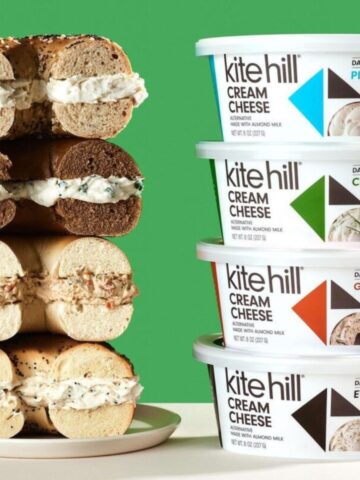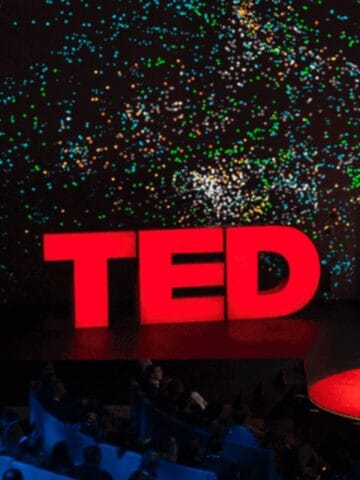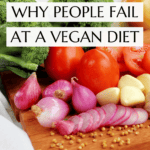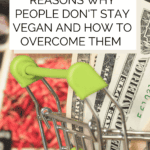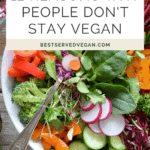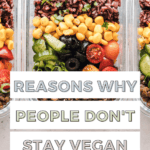Thinking about going vegan? This list of 12 reasons why people don't stay vegan is a must read!
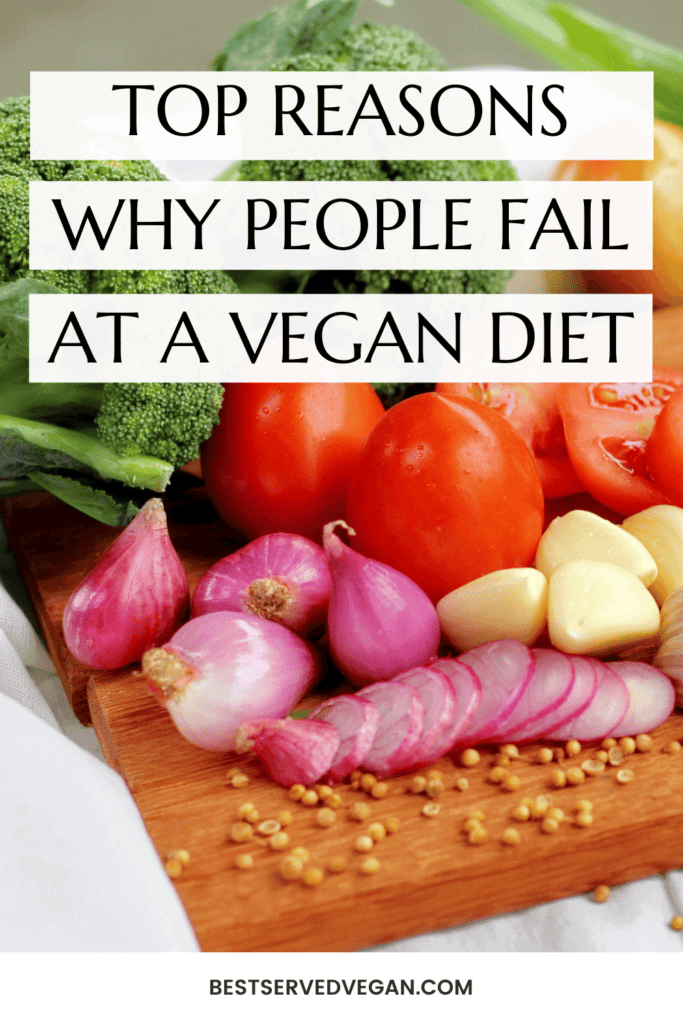
Part of veganism becoming more of a trend lately is the fact that many people will try it and not stick with it.
Ultimately, there are a ton of reasons why people go vegan. There are also a lot of reasons why people don’t stay vegan. This article will focus on 12 common reasons why people don’t stay vegan, including some reasonable excuses (like not having support) and some...less reasonable ones (like seeing it only as a weight-loss tool).
First off, though, let’s take a quick look at what it means to go vegan and why veganism has become an increasingly popular phenomenon.
Skip to a specific section in this article of why people don't stay vegan below:
- Going vegan
- I just don't feel good
- Bloating
- Lack of preparedness
- Transitioning too fast
- Not eating enough
- Misunderstanding nutrition
- Unbalanced diets
- Not being creative
- A lack of support
- Old habits die hard
- Spending too much
- Treating it as a fad
Going Vegan
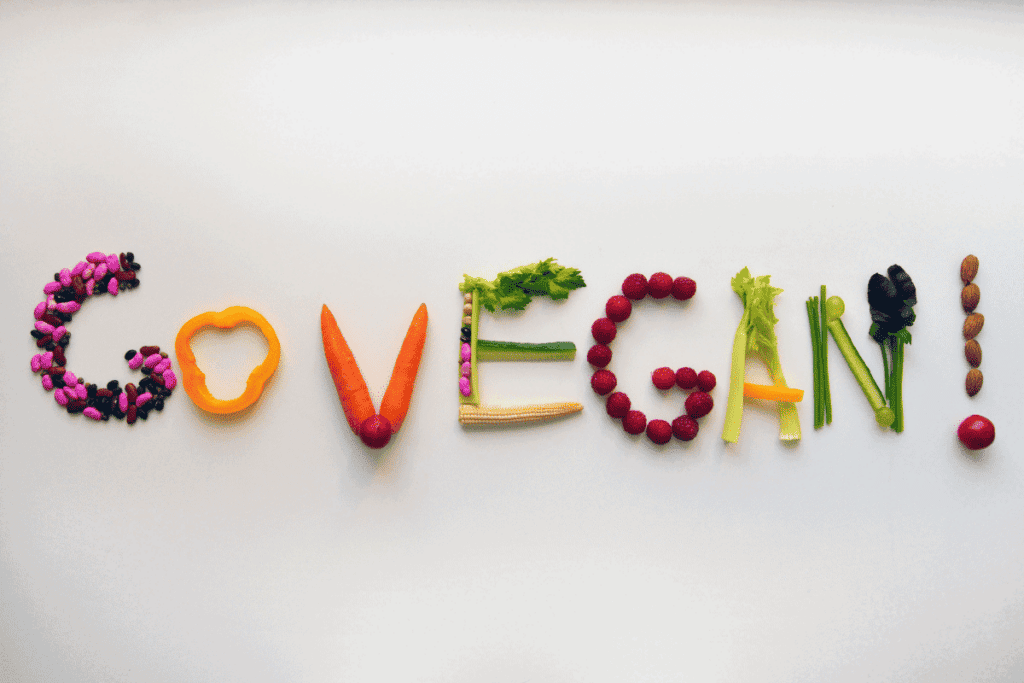
The truth is, many people go vegan for relatively selfish reasons, like losing weight or being generally healthier. And you know what? That’s okay. A lot of people who go vegan for health reasons end up embracing the moral and ethical dimensions of veganism. This includes empathy for the suffering of animals as well as the general assault on the environment caused by the meat and dairy industries.
In general, an easy way of breaking down the benefits of veganism is by focusing on three areas:
- Animals
- The environment
- Health.
Animals
In the 18th century, English philosopher Jeremy Bentham wrote the following simple, yet powerful words: “The question is not, Can they reason? Nor, Can they talk? But, Can they suffer?”
We know all too well that these animals suffer horrendously, particularly during the traditional “processing” carried out in factory farms. Indeed, whenever animals—living, sentient beings—are reduced to mere commodities, they tend to suffer greatly.
George Bernard Shaw, the English playwright, wrote that the “essence of inhumanity” is to remain indifferent towards our fellow creatures.” According to animalclock.org, more than 42 billion animals have been killed for food in the U.S. in 2021 (as of October). The scale is staggering, not to mention horrifying. Yet most of us remain totally indifferent to this mass slaughter.
People going vegan who are strongly motivated by feelings of compassion toward animals are far more likely to remain vegan. Finding a documentary, visiting an animal sanctuary, or researching factory farming online are all great ways of finding your “why” when it comes to going/staying vegan.
The Environment
Veganism, as you can see from the above, is about so much more than just a diet for health reasons. For example, it’s also the most environmentally friendly diet by far. Compared to the Mediterranean diet, which is relatively plant-centered compared to the Standard American Diet (i.e. “SAD”), a vegan diet has less than half of the “global warming potential,” or GWP.
According to the same study cited above, the land- and resource-intensive nature of producing animal products means that even the Mediterranean diet has a negative regional biodiversity impact that’s roughly three times higher than a vegan diet.
To learn more about this topic, check out my article on “5 Environmental Benefits of Going Vegan.”
Health
Many people report greater energy on a vegan diet and an easier time losing weight. This is largely thanks to the greater consumption of fiber, which helps keep us feeling fuller longer.
There is plenty of science backing up this anecdotal evidence as well. One study observes that “vegans tend to be thinner, have lower serum cholesterol, and lower blood pressure, reducing their risk of heart disease.”
So long as vegans ensure that they get enough nutrients (such as calcium and vitamins B12 and D), they’re likely to experience a higher quality of life due to the many health benefits of eating a fully plant-based diet.
Why People Don’t Stay Vegan
“I just didn’t feel good.”

Oftentimes, people will offer something vague like the above statement to explain why they're no longer vegan. Ask them about nutrition, though, and they’ll usually have no idea about B12, calcium, protein, etc. Or, what they do “know” is actually severe misinformation.
Many of the reasons outlined below may apply here, but sometimes people who stop going vegan would prefer to be vague rather than name their specific issues. Or, they might simply just not know.
Bloating

Bloating is a common issue that many people face, vegan or not. That said, many people may experience increased bloating once undertaking a vegan diet. The reason is usually relatively simple: increased fiber intake.
Fiber is an essential carbohydrate and it works to create bulk in our intestines, helping us regulate our bowels. That said, it’s estimated that some 95% of Americans are fiber-deficient. When people go from consuming very little fiber to intaking a lot, as is often the case on a healthy plant-based diet, they may have trouble adapting at first.
The fix is straightforward: simply work toward a slow and steady increase of fiber intake. This is especially true for higher FODMAP foods (these are foods that aren’t as easily digested by some people). This includes foods such as legumes (e.g. beans, lentils), certain vegetables (e.g. cruciferous vegetables), and some grains (e.g. wheat).
On the plus side, by giving up dairy, many people report better gut issues as lactose-containing foods are higher FODMAP. Plus, many people are lactose intolerant but never realize it.
Lack of Preparedness
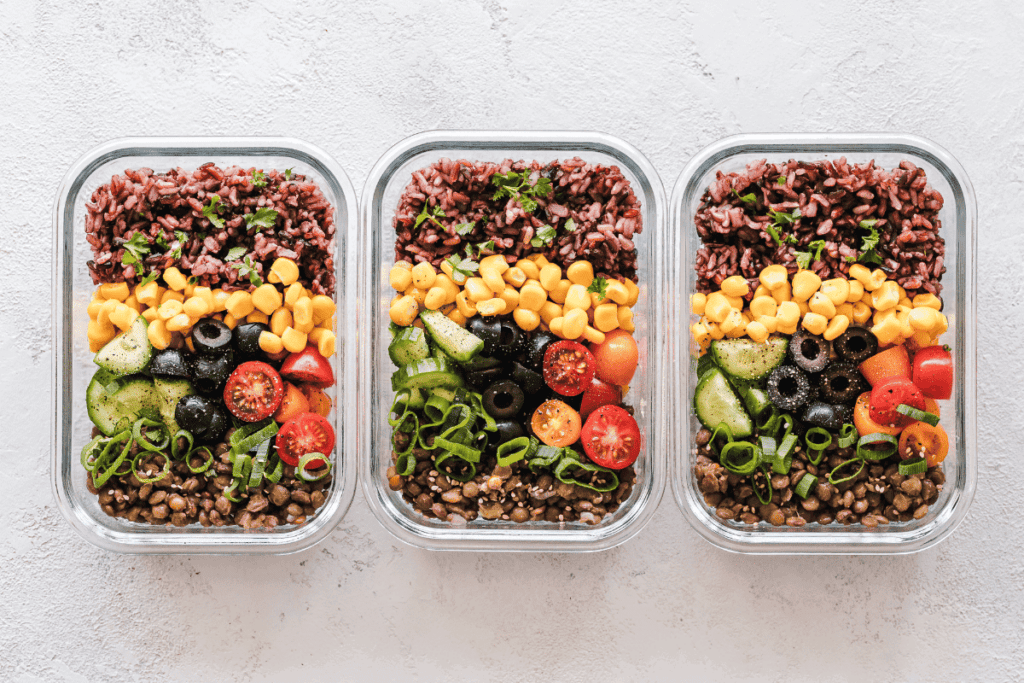
I won’t sugarcoat it, going vegan can be a huge change. It requires at least a little bit of thinking ahead and planning to really thrive. That doesn’t mean it needs to be hard, though!
It can be as simple as looking at restaurant menus ahead of time to find ones with a suitable vegan option, doing a tiny bit of meal prep if you have a busy week ahead, carrying some vegan snacks with you, etc. Many people struggle to stay vegan simply because they don’t take the time to do a little research.
Transitioning too Fast

This is a big one. Many people try to go from eating McDonald’s every week to going vegan cold-turkey style (yes, ironic pun intended).
Ultimately, going vegan and staying vegan is about sustainability. Over a period of a few years, I transitioned toward consuming a lot less meat, then going pescetarian, then briefly vegetarian before committing to veganism. So, while I did go cold-turkey and fully commit to veganism when I did, there was a long period where I was working away from consuming much less meat and dairy.
In general, people will find much better success when they focus on a sustainable approach. If that means only being vegan for one day per week to start, then so be it! We should always be encouraging anyone that’s trying to consume fewer animal products, even if it’s with baby steps.
Not Eating Enough
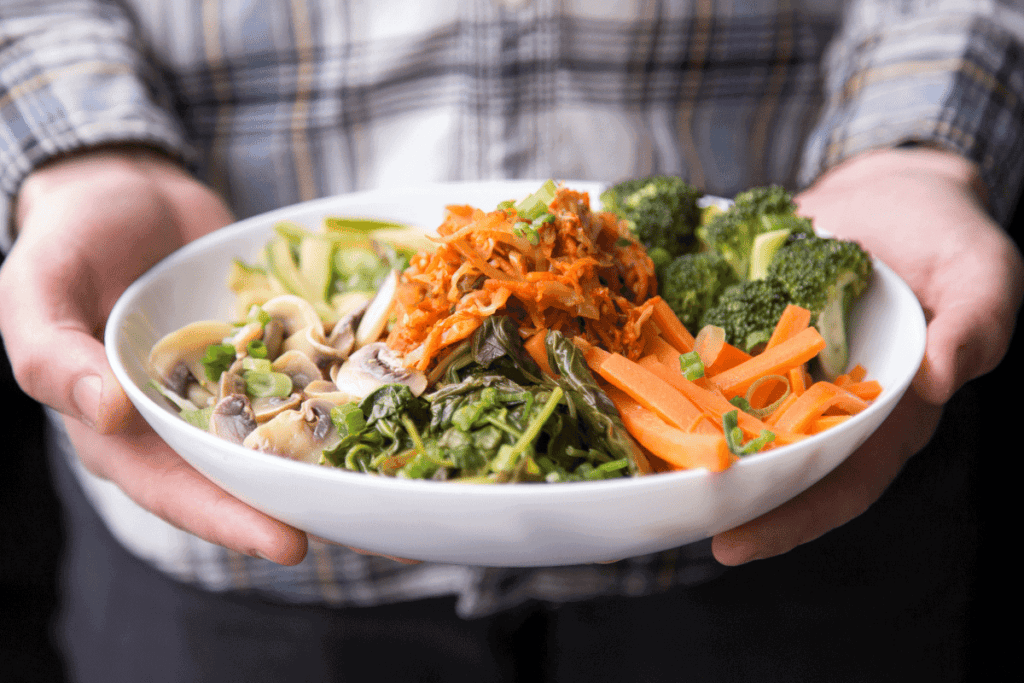
There’s never been a better time to be vegan! Truly. I mean, your average grocery store now has so many plant-based options. Unfortunately, many people who go vegan don’t properly replace the animal products that they’re cutting out of their diet.
Simply not eating enough will mean you’re hungry all the time and, as a result, likely quite irritable (or “hangry,” to use my preferred term). Many people will then blame this on veganism when they’re just not getting enough calories. More on nutrition below.
Misunderstanding Nutrition
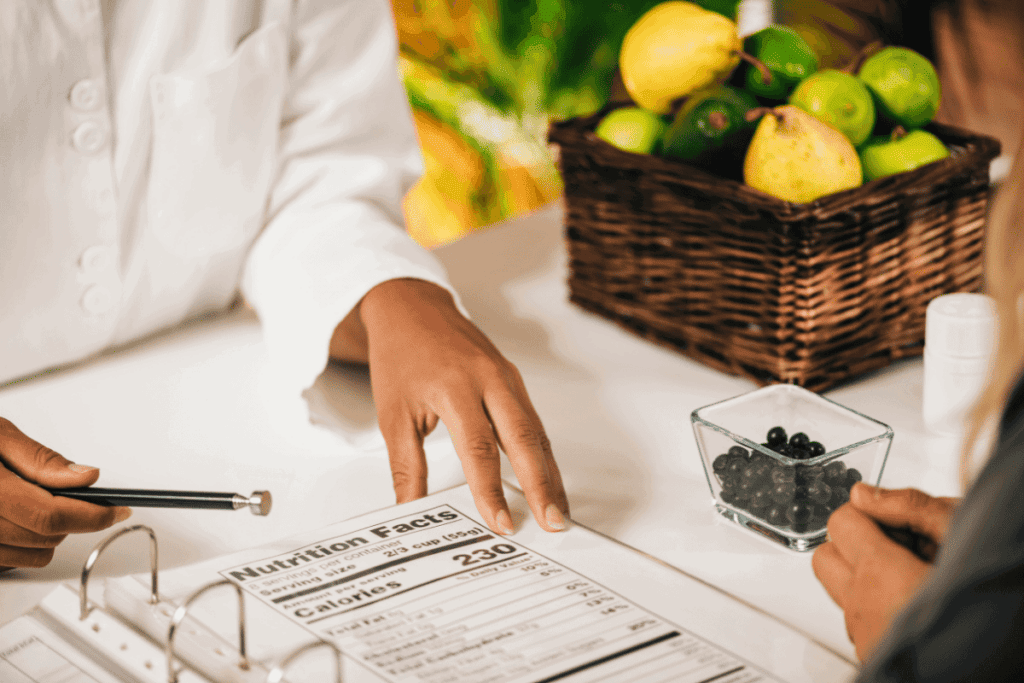
When you transition away from meat and dairy, there are certain nutrients that you need to keep in mind. It’s quite straightforward, though: calcium, Vitamins B12 and D, and (arguably) protein. That’s pretty much all you need to focus on. Maybe iron, too, depending on the person. Luckily for you, all you have to do is type in one of these nutrients and then add “vegan” or “plant-based.” You’ll find tons of plant foods that contain these nutrients! (Check out, for example, this article on 15 of the Best Vegan Protein Sources).
The only exception is B12, which you’ll need to supplement. It’s quite easy to find in vegan multivitamins, or you can supplement it separately. It’s also added to some fortified plant milks.
If people give up meat and dairy but then aren’t getting adequate nutrition, they’re liable to not quite feel their best. Taking steps to ensure proper nutrition is relatively easy, especially in the age of Google. Plus, it’s important whether you’re vegan or not!
Unbalanced Diets
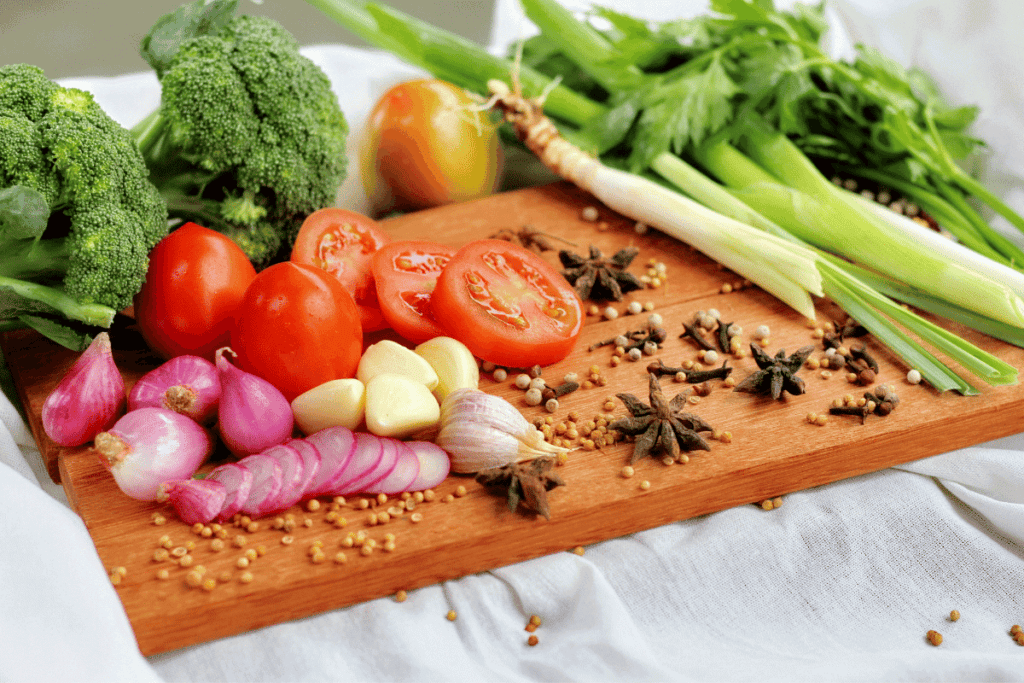
I’ve gotten loads better at cooking over the years since going vegan. But when I first started, I was often eating some pretty bland and boring meals. One of the big problems was that they just weren’t very well balanced.
If you’re only eating plain salads that are 99% vegetables and unseasoned tofu, of course you’re not going to feel like you’re thriving on a vegan diet! Luckily, there are countless vegan recipes online, amazing vegan cookbooks, and more and more vegan foods in grocery stores everyday. It’s really never been easier to get inspired and learn how to make incredible vegan food. Check out the Best Served Vegan recipe archives here to get inspired!
As for eating balanced, keep in mind the vegan food pyramid, which comprises nuts and seeds (2 servings), legumes (3+ servings), fruits (4+ servings), vegetables (5+ servings), and grains (6+ servings). Of course, you don’t have to stick to this exactly, but it’s really crucial that your diet includes variety and all the goodness that plants have to offer!
You also want balance in terms of sustainability. Only going for whole foods is healthy but less convenient and not as tasty. If you allow yourself to have about 20% of your diet consist of processed vegan foods, you’re more likely to enjoy being vegan and thus stick with it.
Not Being Creative
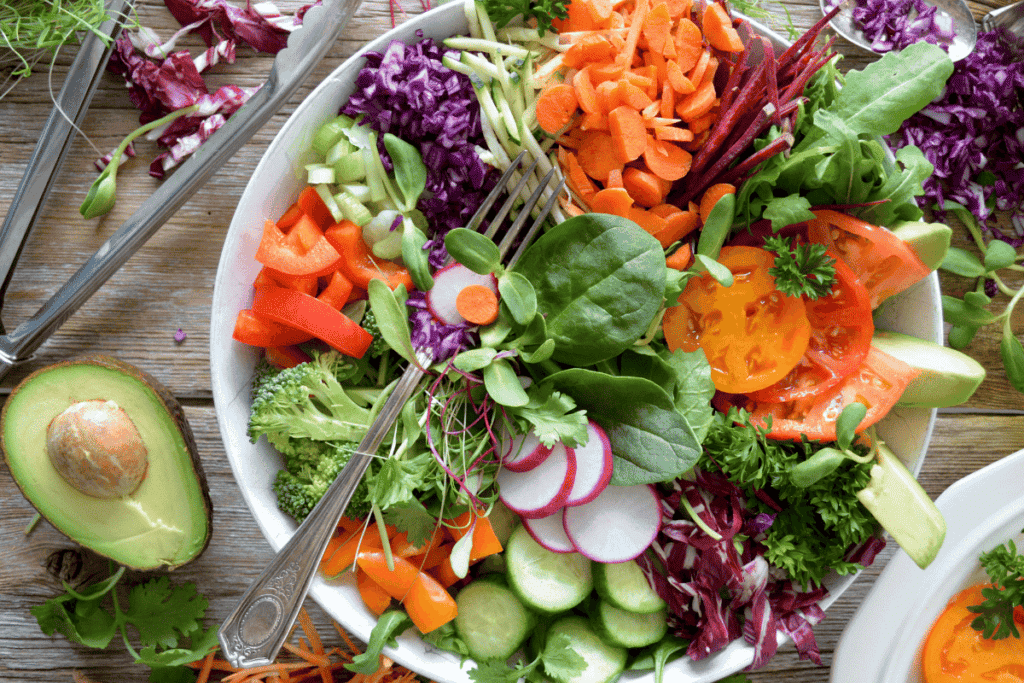
Going vegan is the perfect opportunity to get more creative and have more fun with your food. People think meat is some irreplaceable thing, but really what they enjoy is the texture and flavor. News flash! Almost all of the flavor comes from the seasoning and cooking process. Luckily for us vegans, that means that we can easily use beans, jackfruit, mushrooms, tofu, tempeh, seitan, etc. to replace meat texture, then simply cook and season it like meat.
Cooking more for yourself gives you greater control over what you’re consuming and can also help save you a ton of money compared to going out all the time. Here’s the Best Served Vegan recipes linked again so you can work on creating some delicious vegan food for yourself! In general, veganizing your favorite (non-vegan) dishes is a really fun and easy way to enjoy a plant-based diet.
A Lack of Support

This is a common issue for people who want to go vegan, especially for younger people who still live with relatives. It’s mentally exhausting to feel like you’re being “difficult,” especially when you’re the only vegan. It can be tough when other people go out of their way to overtly or subtly complain about you.
This makes it much harder to go and stay vegan when your partner, parents, friends, colleagues, etc. don’t respect your decision. The best thing you can do in this situation is try to maintain a thick skin and work to show people the benefits of veganism by simply being your best self (read more on this here). Working on your kitchen skills is another great way by exposing them to delicious vegan food. Or simply find the best vegan restaurants in your area!
Old Habits Die Hard
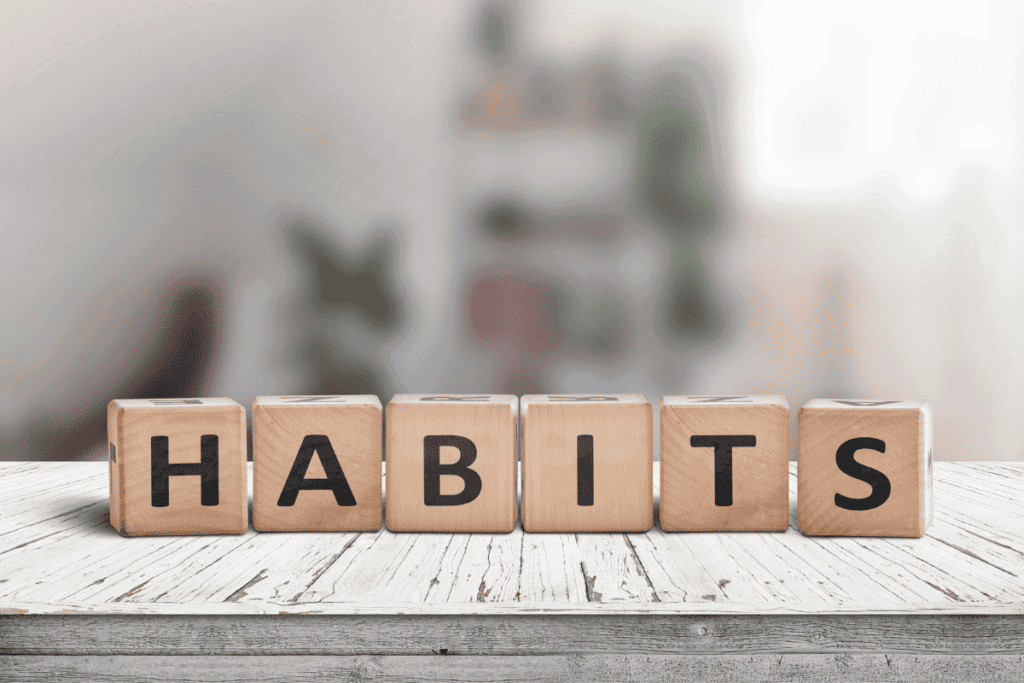
We are such creatures of habit. If you had asked me ten years ago about going vegan, I probably would have laughed in your face. Now, my only regret is that I didn’t go vegan sooner.
This is another reason why it’s so important that people take their time with going vegan if that’s what they need. Going cold-turkey is not for everyone and won’t be sustainable for many. This is simply because our own habits are so deeply ingrained, not to mention how socially conditioned we are to think that meat and dairy is essential. Seriously, just think about all those “Got Milk?” and “Beef: It’s What’s For Dinner” campaigns.
The beautiful thing about habits is that they can be broken. Instead of contributing to environmental degradation, the abuse and slaughter of animals, and consuming carcinogenic foods, I’m now “addicted” to veganism, which is the best way I can make an impact for the planet, animals, and my own health.
Spending Too Much
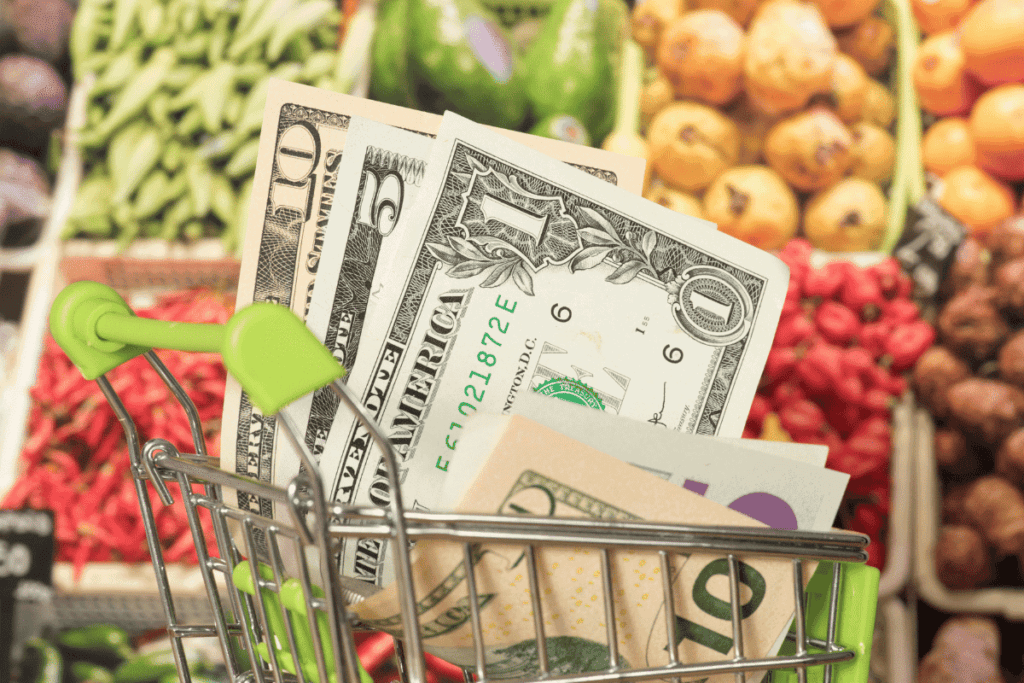
It’s wonderful that there are so many amazing vegan products now in stores. The downside is that many of these are quite expensive. It’s simply due to economies of scale (and the fact that plant-based eating has become trendier). Hopefully, once more and more people go vegan, these foods will be made on a larger scale and should lower in price.
In the meantime, focus on a vegan diet where roughly 80% consists of healthy whole foods. This will keep you from spending too much on processed and pre-packaged foods. You should also prioritize cooking your own food if you’re spending too much going out to eat.
Check out this Beginner Vegan Grocery List for a great guide to eating well (and inexpensively) on a vegan diet.
Treating it as a Fad
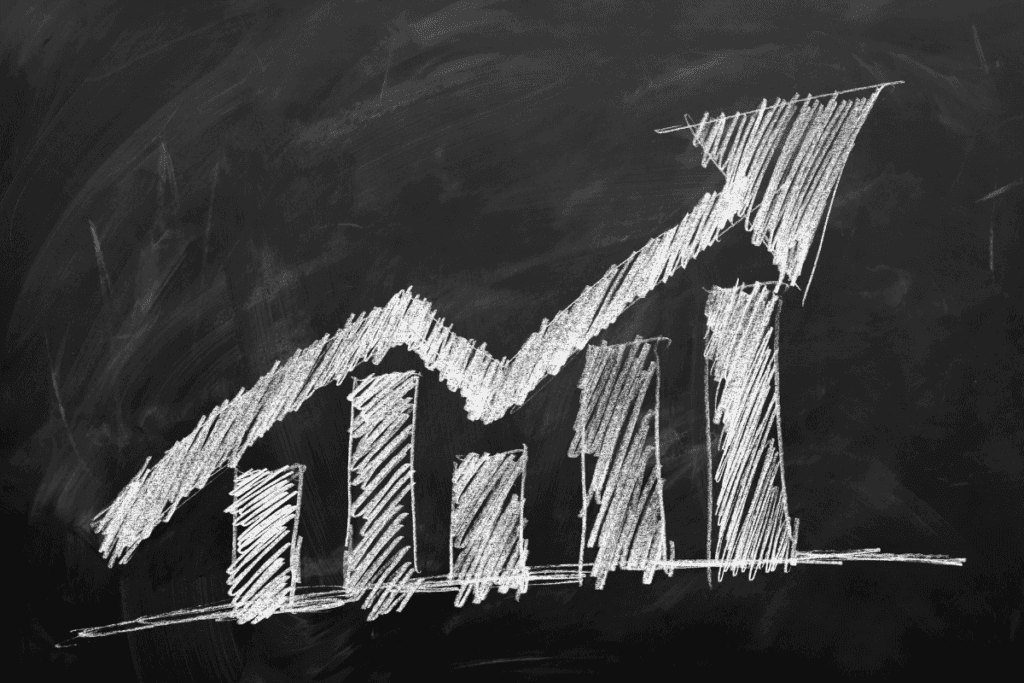
It’s so great that more people than ever are embracing veganism. Many people who are trying it out, however, may not see it as a holistic way of lessening animal exploitation but more so as a weight-loss approach.
Unsurprisingly, as is so common with “diet culture,” people seeing veganism as simply a tool for losing weight are much less likely to stick with it long-term. While experiencing weight loss and overall health benefits from veganism is common, it’s so much more than that. As with most things, it’s much better to take a sustainable approach to veganism rather than view it as just another diet trend.
Wrapping Up
There are the 12 man reasons for why people don't stay vegan! The good news is that nearly half of Veganuary participants in 2019 were still vegan by the end of the year. That’s an incredible amount of new vegans! And it shows that many people do in fact stay vegan.
For that 53% who didn’t stay vegan, however, it’s likely that you can chalk it up to one of the above reasons (or some combination thereof). In general, those who stay vegan are more likely motivated by their concern for animals and the environment. People who are much less likely to stay vegan are those simply hoping for a “lose weight quickly” type diet.
New vegans or those curious about adopting veganism would do well to embrace veganism as a three-pronged way to not only help improve your own life, but those of animals as well as the environment in general. These three powerful reasons, in addition to avoiding the ones listed above, will help you stay vegan this year and beyond.
Check out more vegan tips and tricks here:
- Tips for Veganuary
- The Best Vegan Egg Substitutes for Baking
- Tips for Being Vegan on a Budget
- 11 Things I Wish I Knew Before Going Vegan
- 5 Environmental Benefits of Veganism
- Vegan Travel Tips
- Vegan Products to Add to Your Trader Joe's Shopping List
- Beginner Vegan Grocery List
- Eco-Friendly Product Swaps
- Vegan Comebacks
- 15 Plant-Based Protein Sources
- Essential Vegan Pantry Staples
- 10 Easy Vegan Food Swaps
- Vegan vs. Vegetarian vs. Plant-Based - What's the Difference?
- Surprising Foods that aren't Vegan
- Must-Watch Vegan Netflix Documentaries
- How to Order Vegan at Taco Bell
- Guide for Ordering Vegan at Starbucks
- Just Egg Review
- Daiya Mac and Cheese Review



